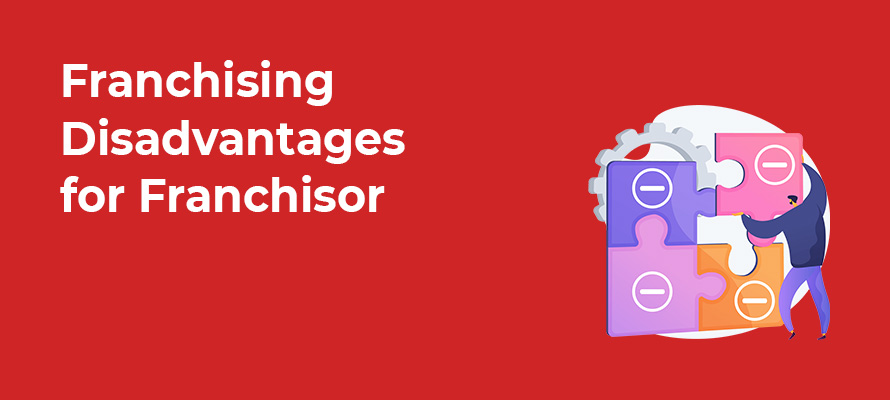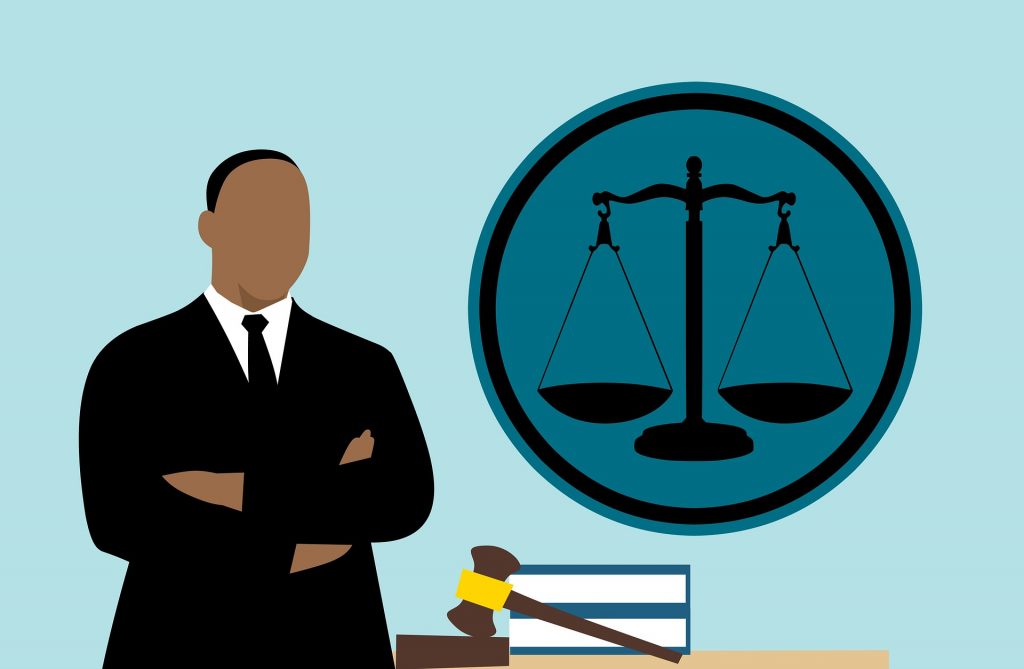The idea of franchising refers to the rights provided by a business or a manufacturer to another person. These rights enable the beneficiary to vend the products and services of the company or manufacturer. These rights can also give them access to the rights of intellectual property.
Two parties get involved in this type of business relationship where the actual manufacturer permits the other party to vendor its intellectual property, products, and services. For instance, many of the fast-food franchises such as KFC and Subway functions in different countries through franchising.
Functioning of Franchising
Two entities usually agree to business with a predefined settlement under franchising. This settlement permits the franchisee to use the brand name of the franchisor and vendor its products and services. The franchisee has to pay a fee, in return, to the franchisor.
The franchisee can sell the products and services by functioning as a local outlet of the central organization. The franchisee can also use the franchising rights by vending these products and services under the umbrella of its private business endeavor.
More than one person or company can get awarded the rights of franchising. Resultantly, if the rights are granted only by a single individual, he will become the exclusive vendor of the products and services of the franchisor in a particular marketplace or terrestrial limits.
The franchisor, in return, will provide its technological expertise, services, products, name of the brand, and trade secrets to the contractor. In some instances, the franchisor gives assistance and training as well.
There are a lot of advantages and disadvantages connected with the franchising business for both entities in numerous ways. Here, we will discuss some of the disadvantages of franchising for franchisors.
Disadvantages of franchising to the Franchisor
Every business comes with some challenges. It also implies in the case of franchising. The following are the difficulties a franchisor may face:
Difficult in Motivating Franchisees
Usually, an agreement of franchise can reach for a certain period ranging from five to ten years between two parties. There can be numerous ups and downs faced by the business in this period. The business initiative of a franchise is at stake when the market is down. In such situations, the franchisors find it challenging to encourage their workers. Furthermore, it may be a problematic task for the franchisor to promote the independent workers at pricing, delivery, promotion, and hiring per the business standards.
Highly Publicized Disputes between Franchisees and Franchisors
The margin of disputes between franchisees and franchisors is so high. A franchisee will frequently be seeking legal consultation for economic gains. A franchisee may hire campaigners to safeguard himself against any possible misadventure at the market.
Problems of Inconsistent Quality
The franchise delivers a unique service concept. These are the licensed service outlets by a parent company. The franchisee should distribute the services under the provisions of the parent company. If the franchisee does not appropriately deliver the services, the reputation of the parent company will be at stake. The franchisee performing below the expectations of the franchisor will damage the name of the franchisor.
Lack of Direct Contact with Customers
There is no direct contact between the franchisor and the customers which renders the franchisor to get to know the needs of the customers. As the customers are directly dealt with by the franchisee, they try to uphold the essence of consumer relations. There is a stronger relationship between the franchisee and the customers. The franchisee can collect the information of the customers related to their demographics, purchasing patterns, and preferences. The franchisee tries to maintain consumer relationships instead of the franchisor effectively.
Per-Unit Contribution
Being a franchisor will not be of benefit because it will not allow you to get revenue from every penny, which directly goes to the bottom line of the franchisee. The profit earned from the franchisees would be a segment of what a franchisor may otherwise accomplish if he owns and operated the franchise himself.
If someone is willing to initiate a company-owned site¸ he will be enabled to have the total revenue from that particular location, and simultaneously he will bear the responsibility of the loss as well. Lending the rights of the franchising to a third party will only permit the franchisor to cash some royalty, product sales, reimbursements, advertisement valuations, and other charges. One has to be able to sell the rights of the five to six franchises to gain the financial margins as he will with only a single company-owned operation, supposing, of course, it was gainful. As the ROI would be inestimably more significant via franchising, if one can gain the market inundation without considerably taxing his resources, he would have the capacity to maximize total revenue return if he goes through a business controlled and commanded channel.
The Fear of Lawsuit
One might get concerned about franchising, and not regarding the commercial purposes but because he is afraid of trial. The idea is that he might have heard about the horrific stories of different franchising being served with the lawsuit of the multimillion-dollar because a product such as coffee was too hot. The franchisor can get sued by the franchisee. Being sued becomes scary for a person thinking about franchising his business. In America, the phenomenon of litigation is a reality, and overlooking it, is the market counterpart for constructing a straw house but not in a more extended period.
Stating this, the problem related to litigation is lesser of a problem in franchising as compare with many people envisage. The contractual liability highly restricts the franchisors to the pledges one makes in his agreement of franchising. And if a person knows what he is doing, his contracts of franchising would be penned down by a lawyer who has expertise at restricting that liability. Many of the agreements of the franchising business are categorically one-sided favoring the franchisors, presenting a powerful lawsuit that is highly problematic for franchisees. For instance, being a franchisor, a person highly avoids the slip and fall liability connected to misfortunes that occur in a business place of a franchisee. He would refrain from many of the impending employment liability linked to the operations owned by the company such as wrongful terminations, sexual harassment, etc. And being a franchisor, one is not accountable for the injuries on-the-job. The franchisee is responsible for this. Eventually, as long as a franchisor is cautious with that his franchise relations qualify as an autonomous contractor he has not built an agency role or being careless being a franchisor, the franchisee is accountable for the happenings at the site.
The Issue of Control
It is not unfair, being a franchisor, to point out that he would not have a similar degree of control of the daily functioning of the franchise as he will be in a facility owned by the company. The franchisor has no responsibility for inductions, training, discipline, schedules, compensations, monitoring, or terminations. In every instance, it is up to the franchisee to make the final decision about the location of the company and builders to construct the site. The franchisee mostly chooses to choose the supplier and to set the price of the services.
Furthermore, with the operations of the company, one can fire and hire at his freedom of choice. But when it is time to terminate the franchisee, the franchisor may not have a similar degree of autonomy to make the decision.
But this is not to say that one is unable to dismiss a franchisee, he certainly can while terminating the contract with a franchisee the franchisor needs to serve him with a show-cause notice which would amount to a sort of the desecration of the agreement with the franchise.
Investment in Franchising
To conclude, one must not neglect that while franchising is mostly a cost-effective method of increasing the business, this isn’t a no-cost method of expanding business. Being a new franchisor, one needs to expect cost in terms of capital and time in the following capacities:
- Financial analysis and making a business plan.
- Preparing suitable legal documents
- Development of an operations manual of the franchise and quality control booklets, processes, and systems.
- Developing insurance materials and marketing plans.
- Putting the opportunities related to franchising on the website.
- Training the employees about the franchising process
- Establishing a new legal entity of franchisor
- Creating letterheads, booklets, and visiting cards
- Marketing for new franchisees
- Taming the materials at a local store marketing for the franchisee’s usage
- Discussing third-party vendor’s agreement on behalf of your franchisees
For many of the businesses, the expenditures of the development of franchises are considerably low as compare to initiating, only one more facility owned by the company, and the revenue might get significantly higher. As the volume of the income required would be related directly to the objectives of the business and the preferred rate of the development, one must not go into franchising undercapitalized.
As stated above, are some problems that are faced by the franchisor during a franchising agreement period.














